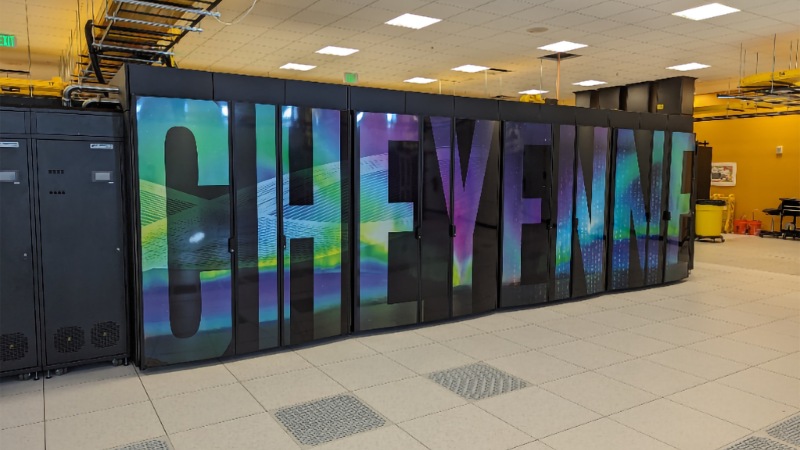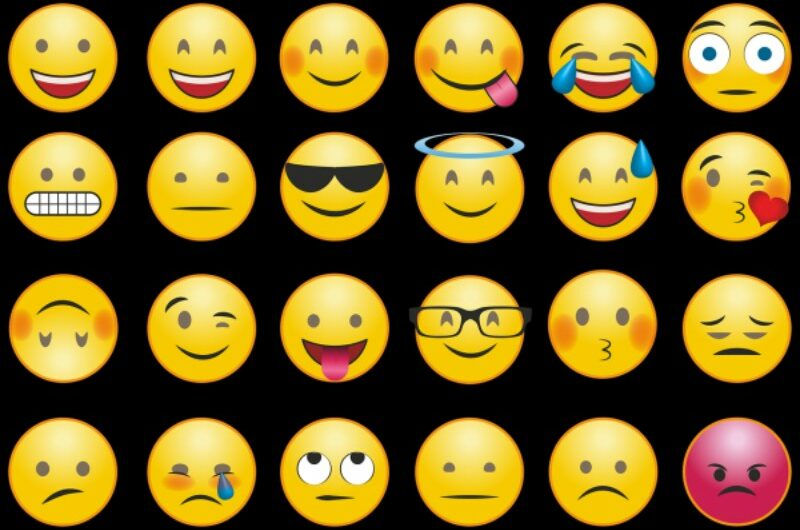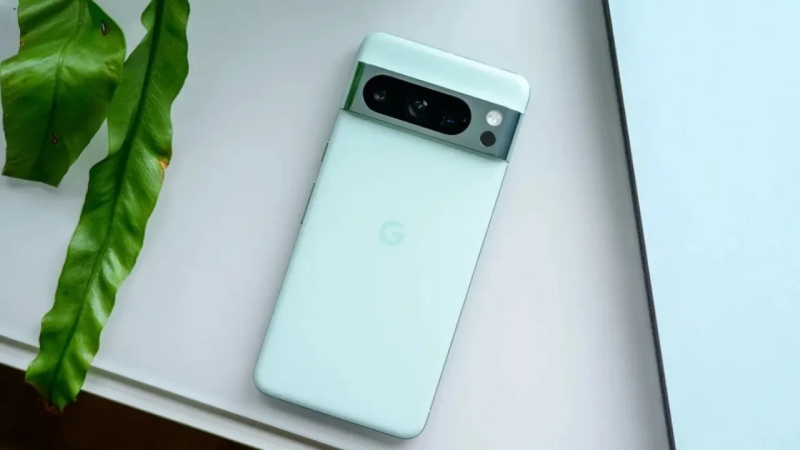OpenAI revealed that it is bringing a significant enhancement to ChatGPT, its well-known web-based chatbot application: persistent memory.
The feature will enable users to ask ChatGPT to remember information they provide, which the software can then recall later, even across new, unrelated chat sessions. ChatGPT Plus, a paid subscription that costs $20 per month, will be the first to gradually roll it out for a restricted group of users.
This is a notable departure from ChatGPT’s previous operation, where the software simply retained data that the user entered during a single chat session. Except for whatever “custom instructions” the user may have configured for it in the settings, ChatGPT has, up until now, started over with a tabula rasa (blank slate) of information when you end that chat session and begin a new one.
Now that ChatGPT has included a memory feature, users can save time by not having to repeat information throughout chat sessions.
To test its impact, it is being made available to a limited number of free and Plus users at first. Subscribers to the Teams and Enterprise plans will eventually receive access to this feature.
This improvement to ChatGPT comes at a time when the AI assistant market is becoming more and more competitive.
Google attempted to highlight its AI chatbot only last week by launching a huge rebranding campaign and adding its most powerful Gemini Advanced model to a new premium subscription.
What can one anticipate from ChatGPT’s memory?
As users converse using ChatGPT, OpenAI observes that memory-enhanced ChatGPT will start to take up details.
The chatbot’s natural use will gradually strengthen the memory. But, one may specifically ask the assistant to “remember this” and give it the information they want it to save if they want it to remember anything specific.
Every piece of information that a user remembers is kept on file and utilized to improve subsequent communications.
This can be useful in a variety of professional and private contexts. For example, users can instruct ChatGPT to remember their preferred article format, and the bot will reuse that format without constant instruction. In other situations, it can recall one’s favorite computer languages for coding or the charts that one loves to use to see data.
According to OpenAI, memories gathered from Plus and free users may be used in the same way as any other type of content to train its models.
To avoid it, however, a user can choose to utilize a temporary chat that doesn’t get saved to their history, doesn’t use up any memory, and isn’t used to train any models.
Although memory will be enabled by default, users can choose to completely disable memory by going to the Personalization area of ChatGPT’s settings. Additionally, individuals can remove particular memories from their accounts by using the “manage memories” option. You can also accomplish this in the course of a conversation by ordering the assistant to simply forget whatever information they are supposed to be sharing.
Users will undoubtedly benefit from ChatGPT’s enhancement with memory functions for both personal and professional projects. But putting it into practice effectively requires choosing what should and shouldn’t be remembered with objectivity.
According to OpenAI, efforts are being made to both evaluate and lessen biases as well as prevent ChatGPT from proactively remembering private information, such as medical records, unless specifically requested to do so.
The new feature is now being tested by the firm with ChatGPT Plus and free users, but a wider deployment that includes Enterprise and Teams users is also anticipated shortly. According to OpenAI, the latter’s memories won’t be utilized for training.
Businesses creating GPTs will also have the option to include RAM into their products as part of the broader rollout. As a result, the builders will be able to deliver their clients more individualized experiences depending on their interactions. Every GPT, however, will connect to what ChatGPT knows and have a unique memory from chats.
“The Books GPT helps you find your next read. With memory enabled, it remembers your preferences, such as favorite genres or top books, and tailors recommendations accordingly, without needing repeated inputs,” the company explained.
Topics #ChatGPT #OpenAI #Permanent Memory










